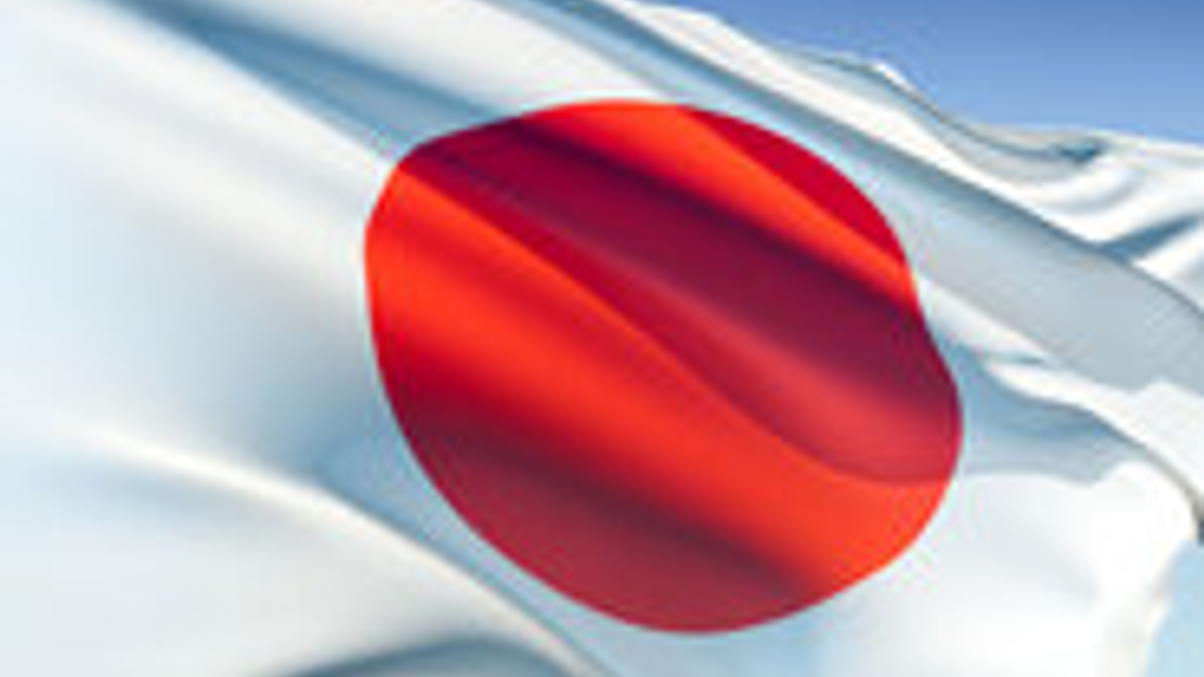Japan's leading debt dealers: Greenwich
Abenomics may have given Japanese equities a shot in the arm, but it has forced government bond volumes down. Still, the top dealing dogs retain a familiar look.

Amid a drop in institutional trading of Japanese government bonds, Mizuho Securities and Mitsubishi UFJ Morgan Stanley Securities maintained their momentum as the leading dealers, according to Greenwich Associates.
Sign in to read on!
Registered users get 2 free articles in 30 days.
Subscribers have full unlimited access to AsianInvestor
Not signed up? New users get 2 free articles per month, plus a 7-day unlimited free trial.
¬ Haymarket Media Limited. All rights reserved.


